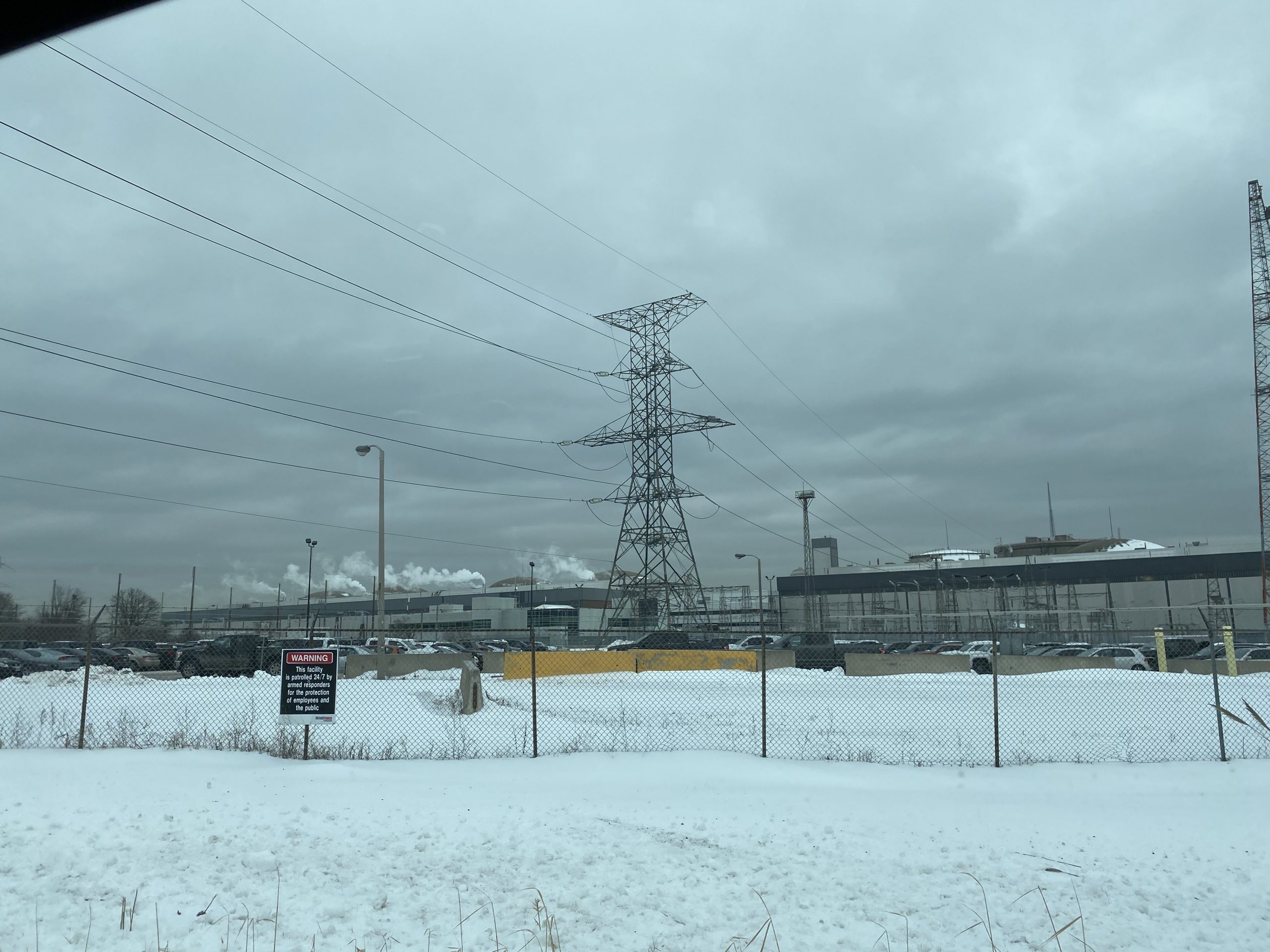Maryam Azzam | Contributor
Featured Image: Region-wide alert issued regarding Pickering Nuclear Generating Station. | Courtesy of Ricardo Brown, Contributor
On Sunday, January 12, just before 7:30 a.m., residents in and around the Pickering region received an emergency alert on their cell phones. The alert was sent notifying them of an “incident” that had occurred at Pickering Nuclear Generating Station.
The emergency bulletin was issued for those within ten kilometres of the nuclear station; however, Canadians as far as 50 kilometres away also reported receiving the same alert.
The message was sent through Canada’s national warning system, Alert Ready, but the contents of the notification stated that there was no active threat. Regardless, the nature of the message alarmed recipients as Alert Ready is used to inform the public of live emergencies. To date, this has been the first alert regarding a nuclear threat, which caused even further panic.
Approximately two hours after the initial emergency alert was issued, a follow-up message was sent telling residents to dismiss the previous alert and reassuring them that there was no active emergency.
The government of Ontario stated that the alert was sent in error during a training exercise run by the Provincial Emergency Operations Centre. Sylvia Jones, Ontario’s solicitor general, reassured the public that the system is tested twice a day and human error is now being looked into as a cause for the alert.
Many Canadians are dissatisfied with the alert system in place. Errors occurring in a national emergency alert can be a major disruption and inconvenience for those affected.
First-year business administration student at Schulich, Aliha Husain, was disrupted by the alert while preparing for classes.
At the time, I was up and studying when my phone started buzzing. I checked my phone and the first words that jumped out were ‘Pickering’ and ‘nuclear.’ Not knowing much about the logistics of the situation, obviously I was terrified,” says Husain.
The lack of clarity within emergency alerts not only incites mass panic and confusion, but also causes distrust between the public and emergency systems.
“As civilians, we deserve professionalism in areas like this,” continues Husain. “There should be many protocols prior to sending out an alert this serious. Their carelessness has become very transparent to me.”
Jack Rozdilsky, a professor at York and an expert in disaster and emergency management, gave his take on Alert Ready’s functionality to Global News reporters.
“What I think we’re seeing here is the system being worked out, adjustments being made as we go,” explains Rozdilsky. “It’s important to separate the technology of the delivery system from the organizational factors that go into the decisions that are made and how the messages are sent out.”


